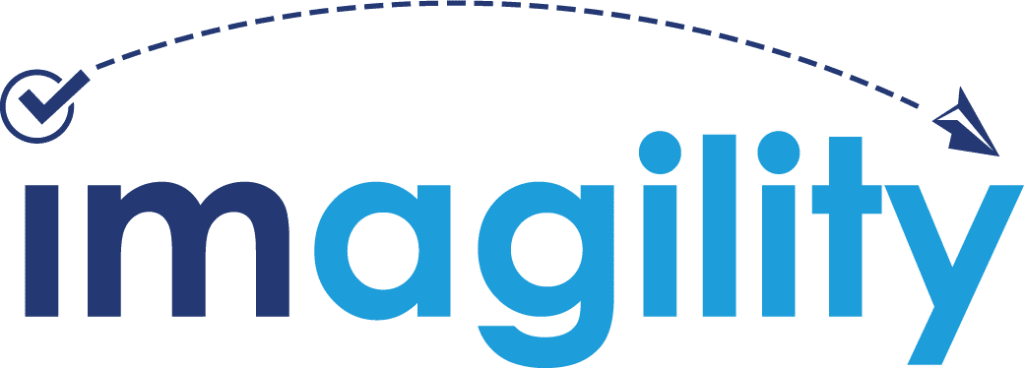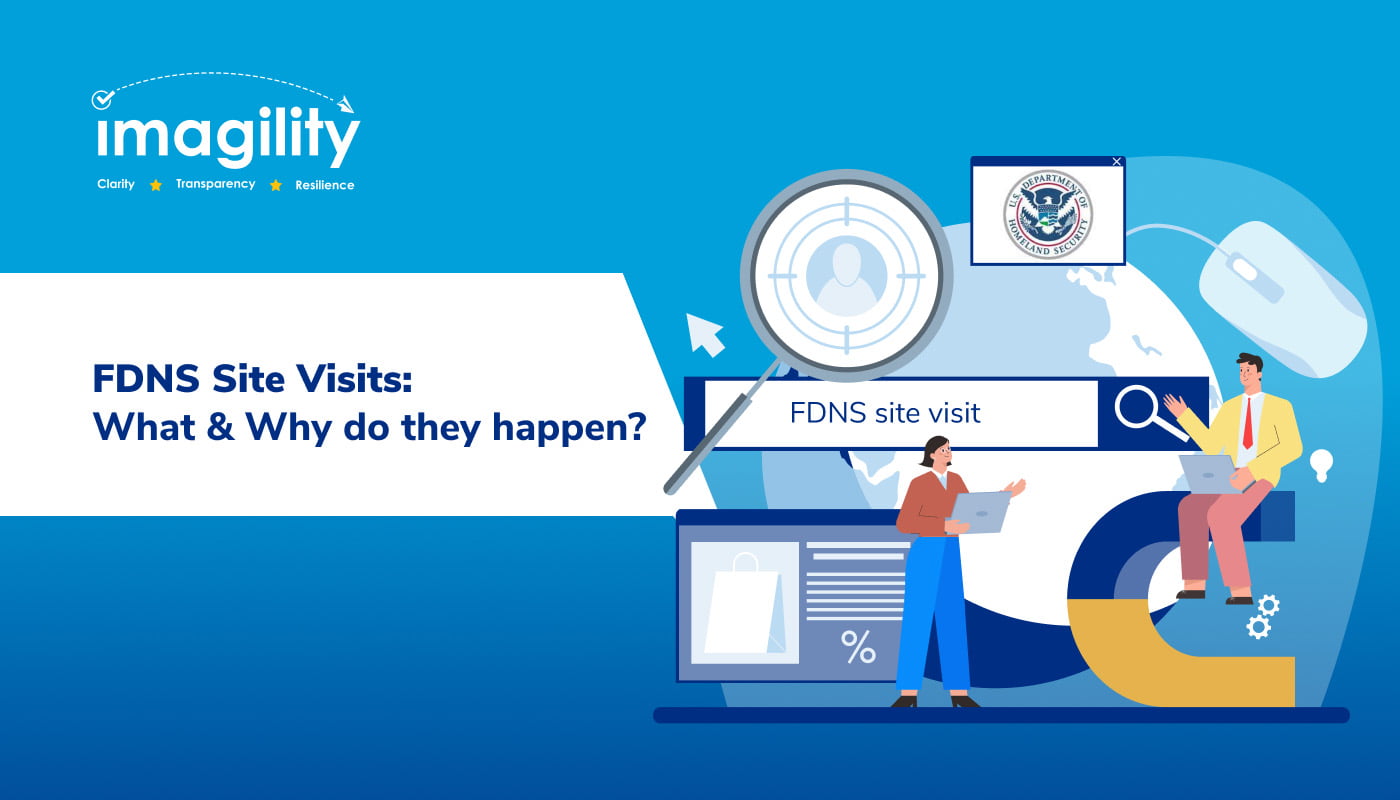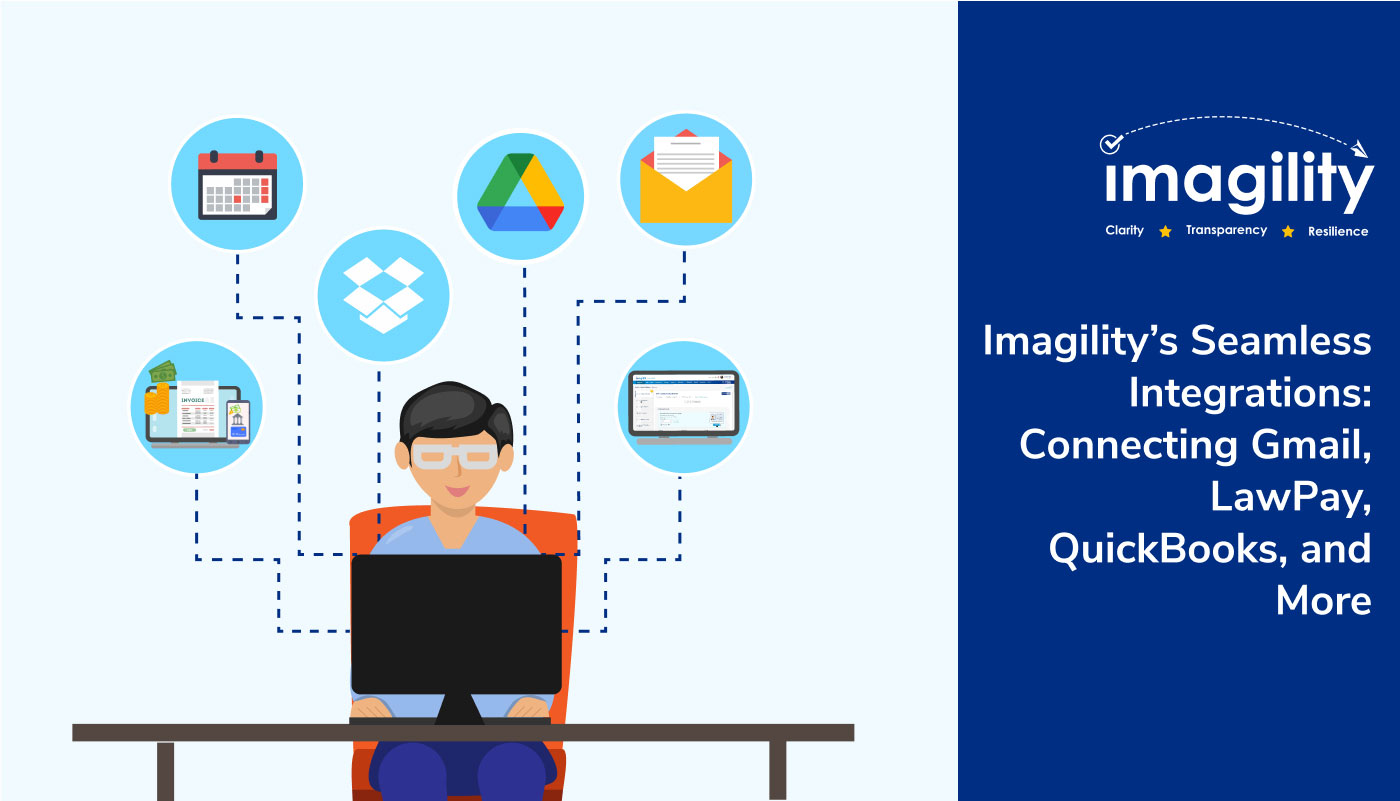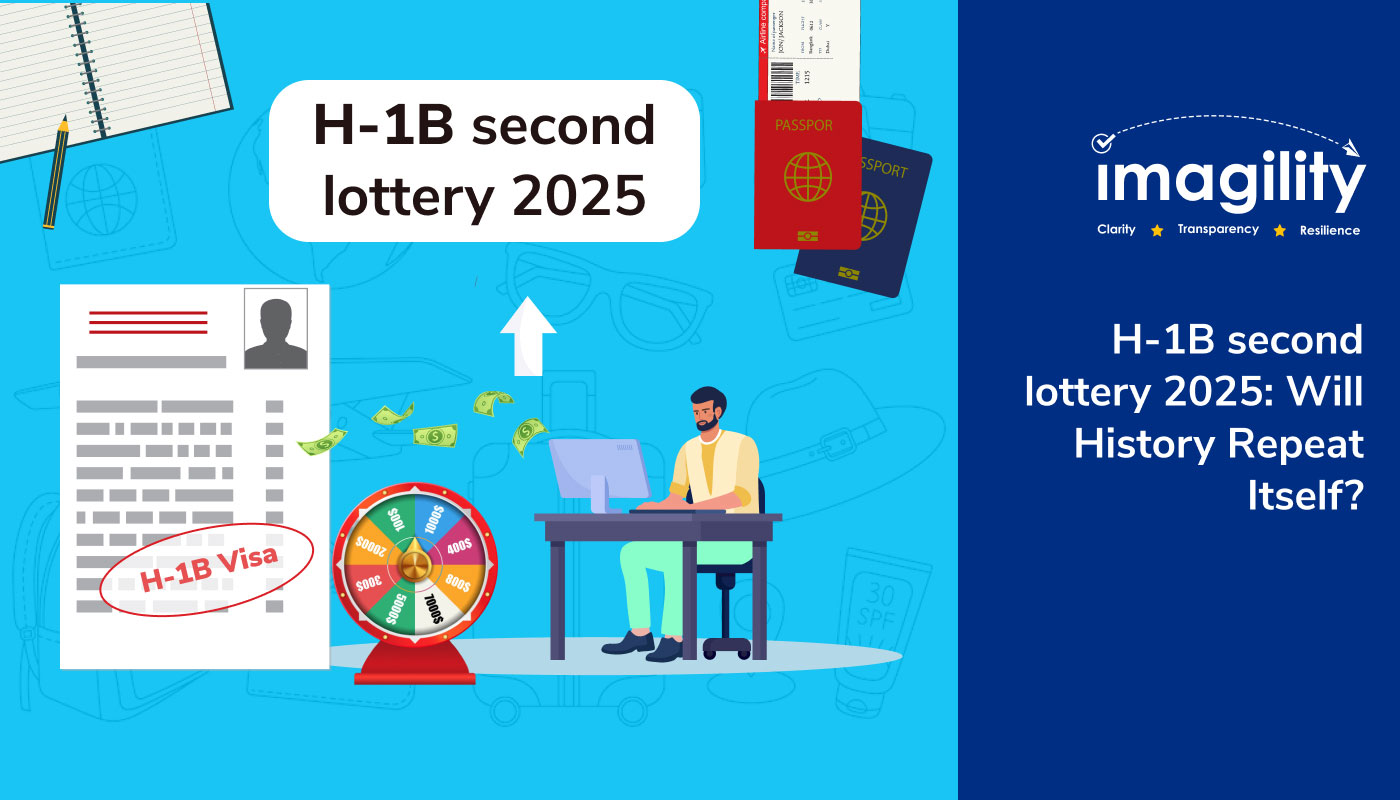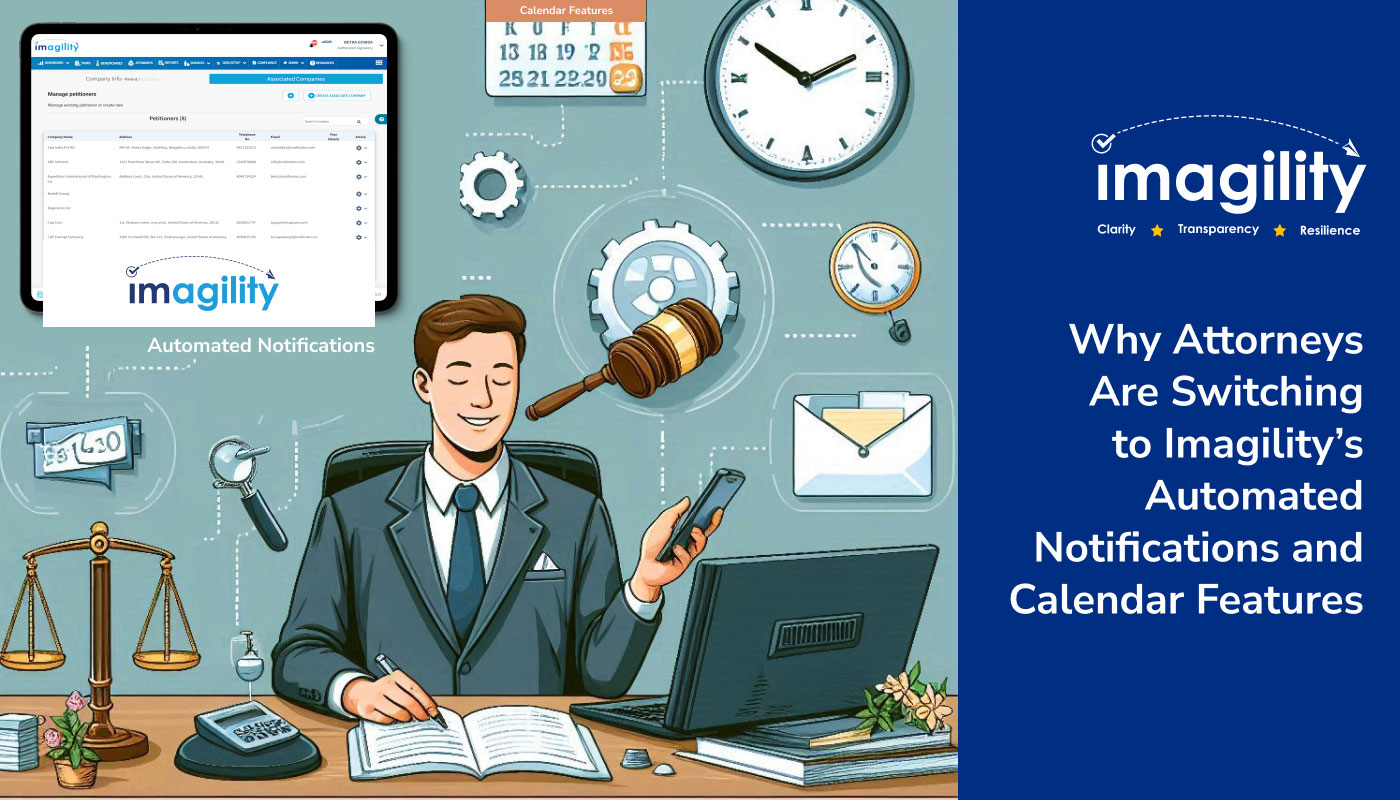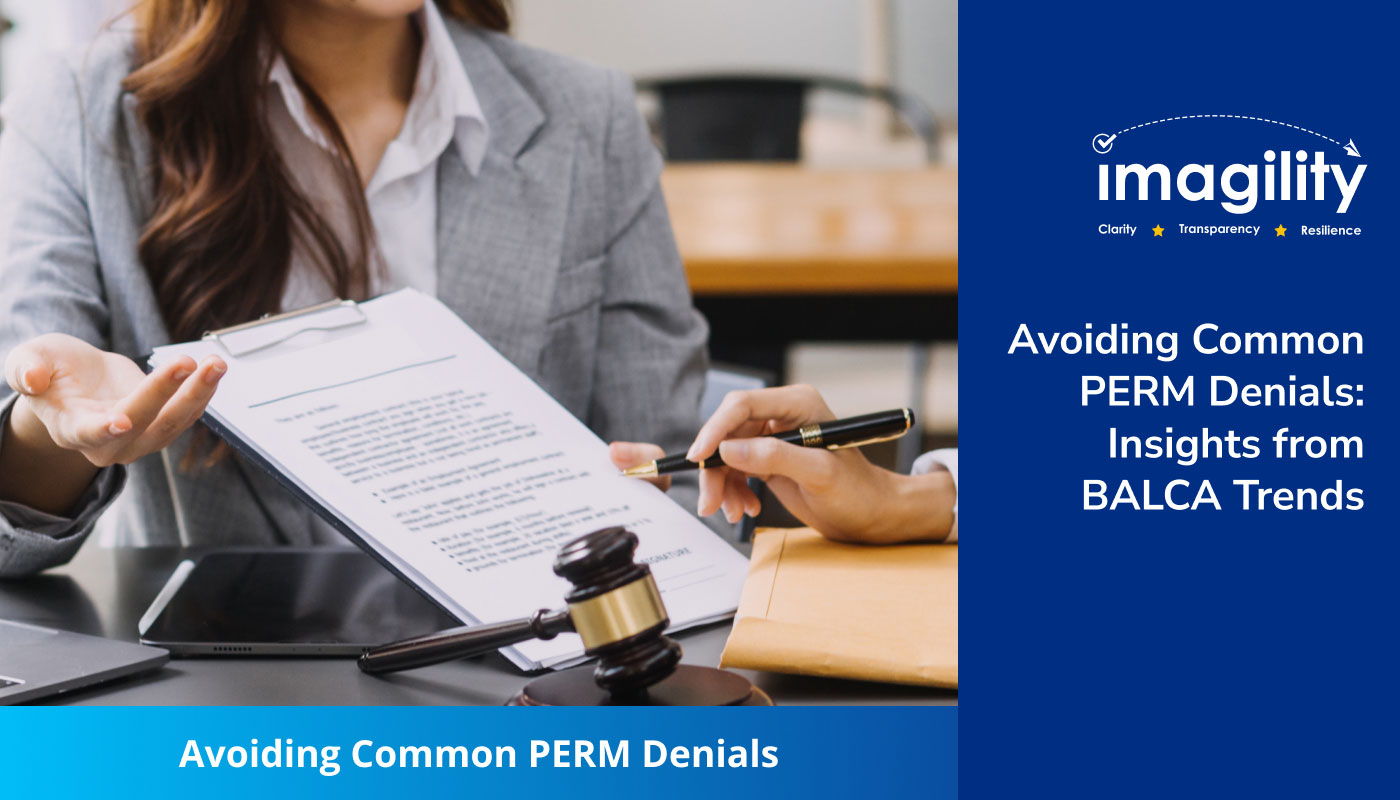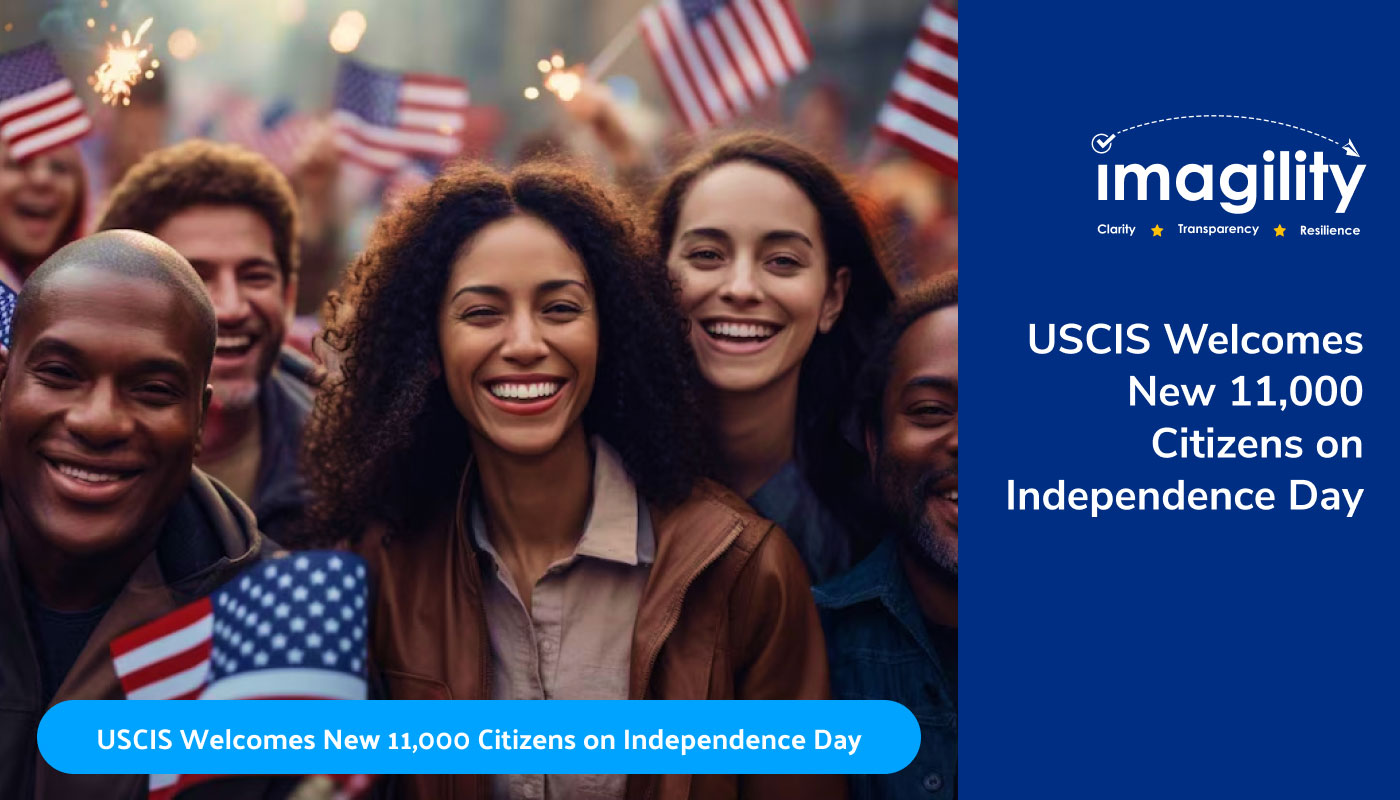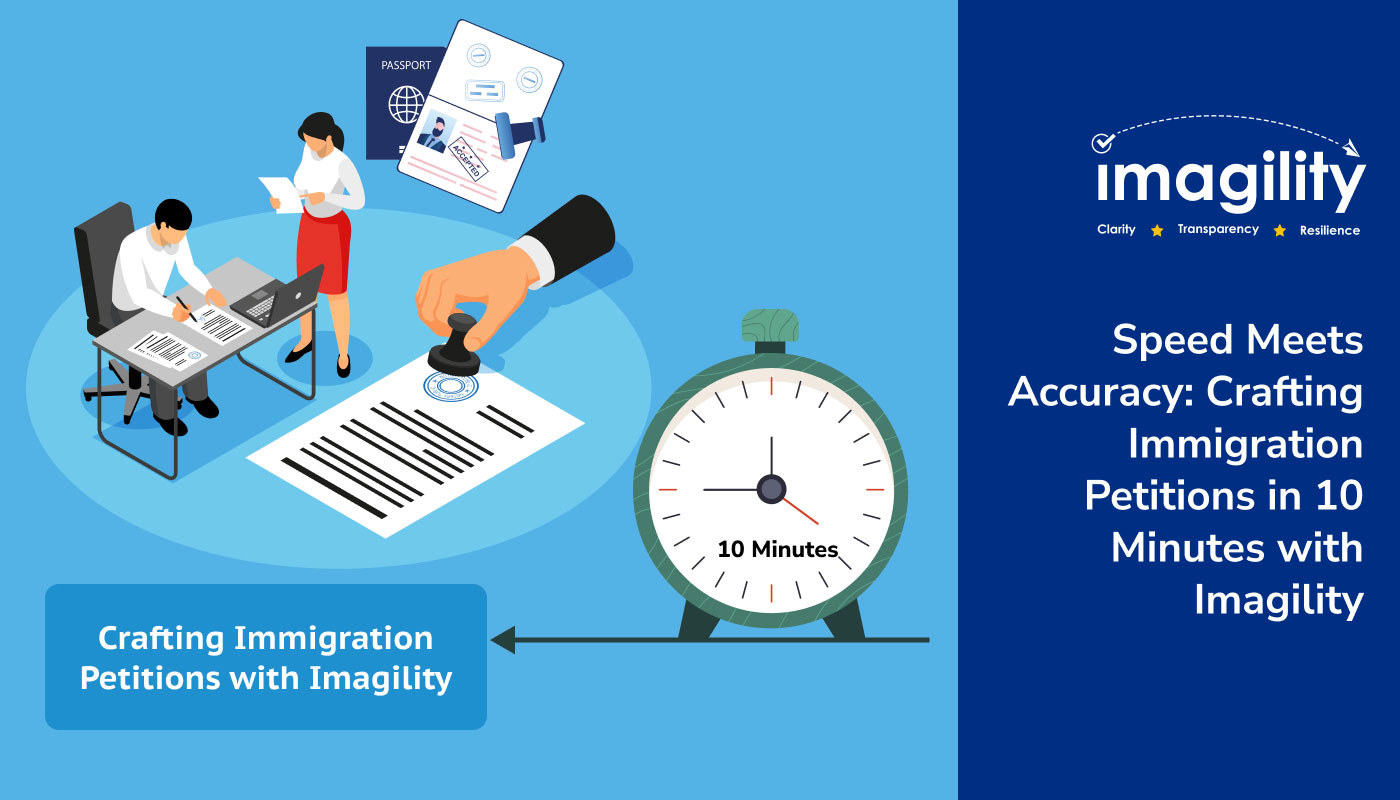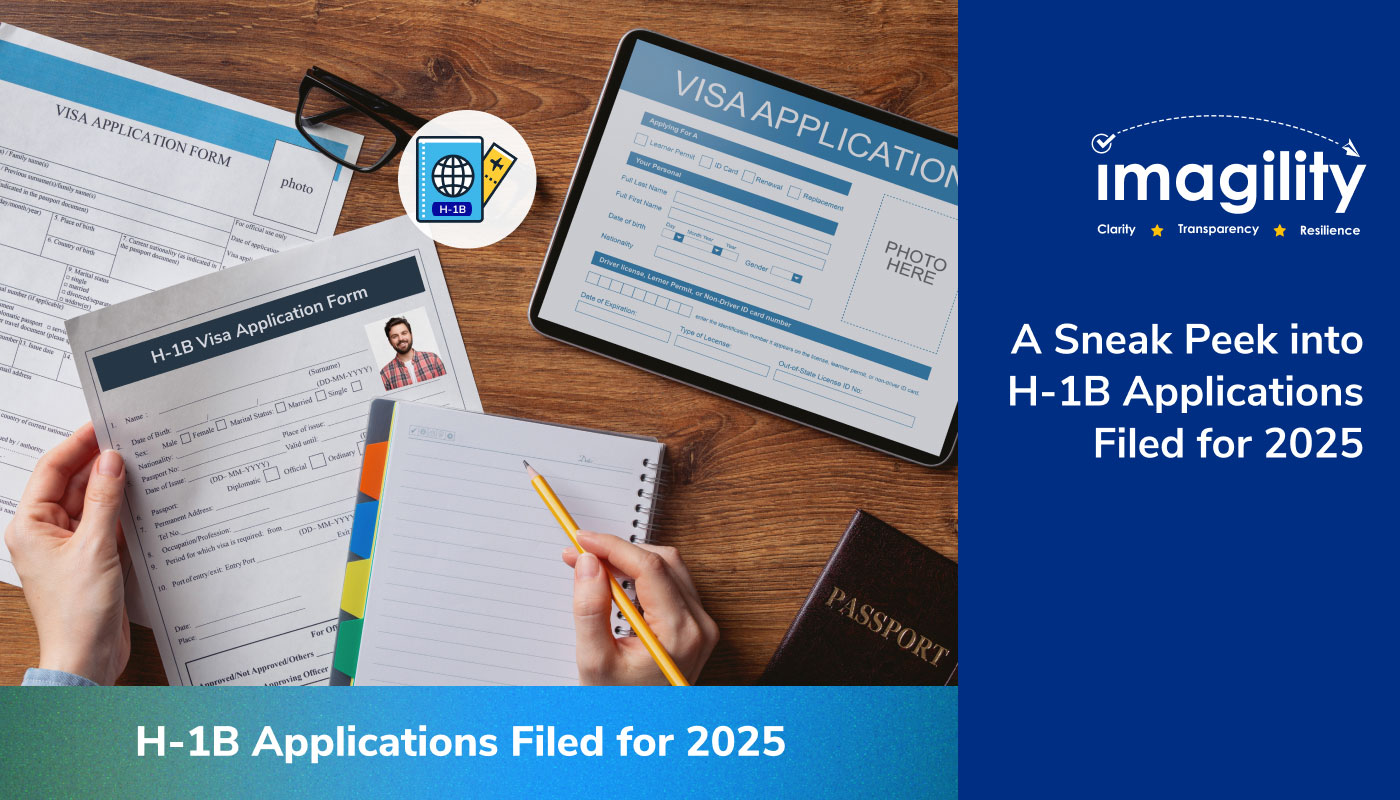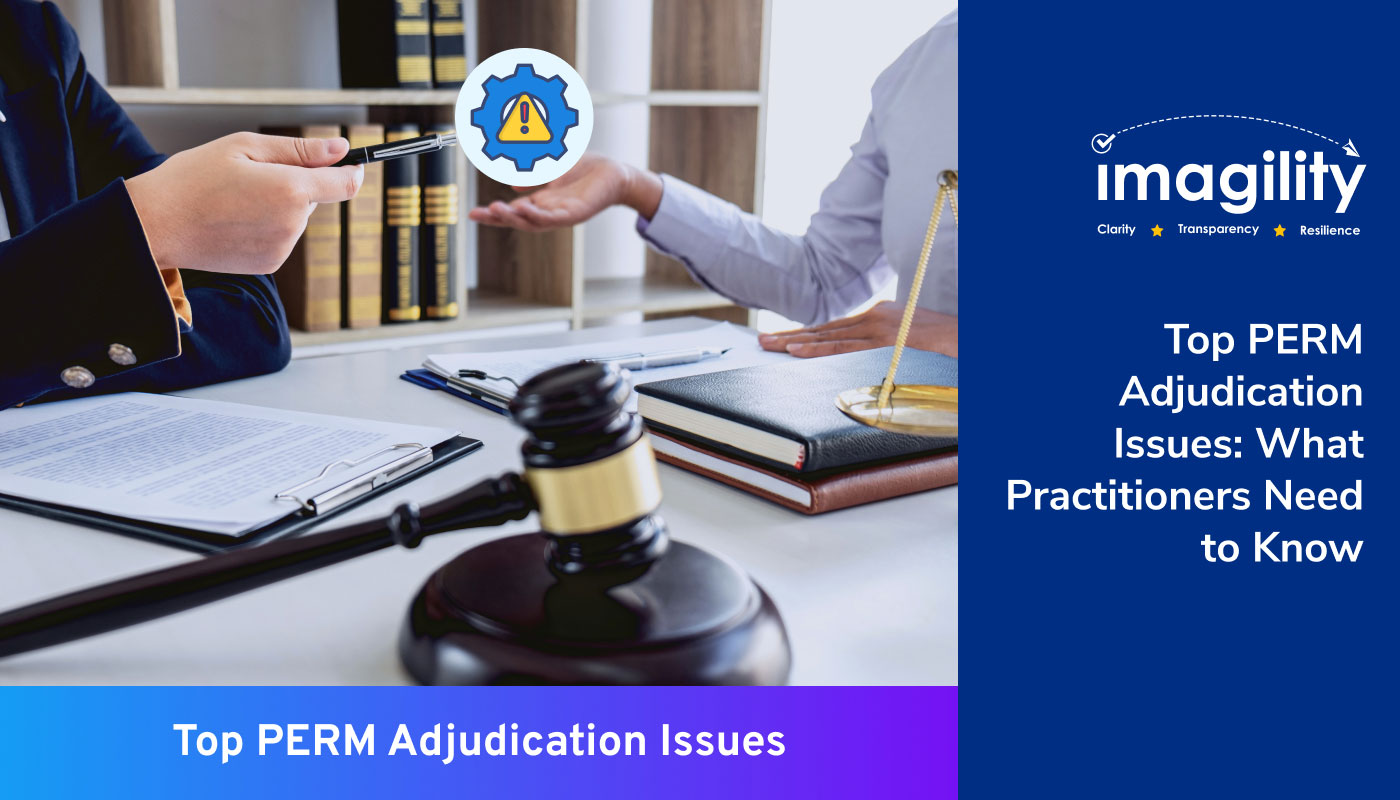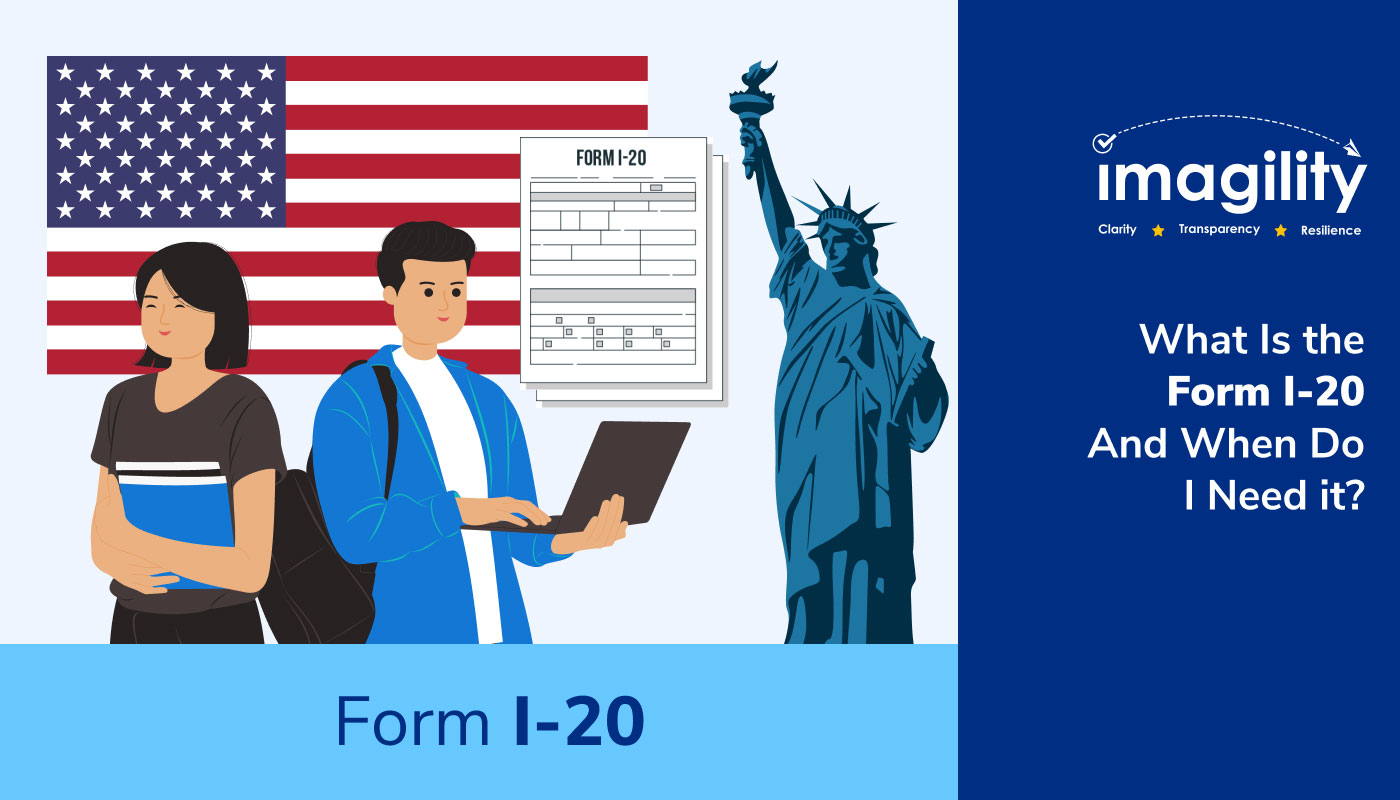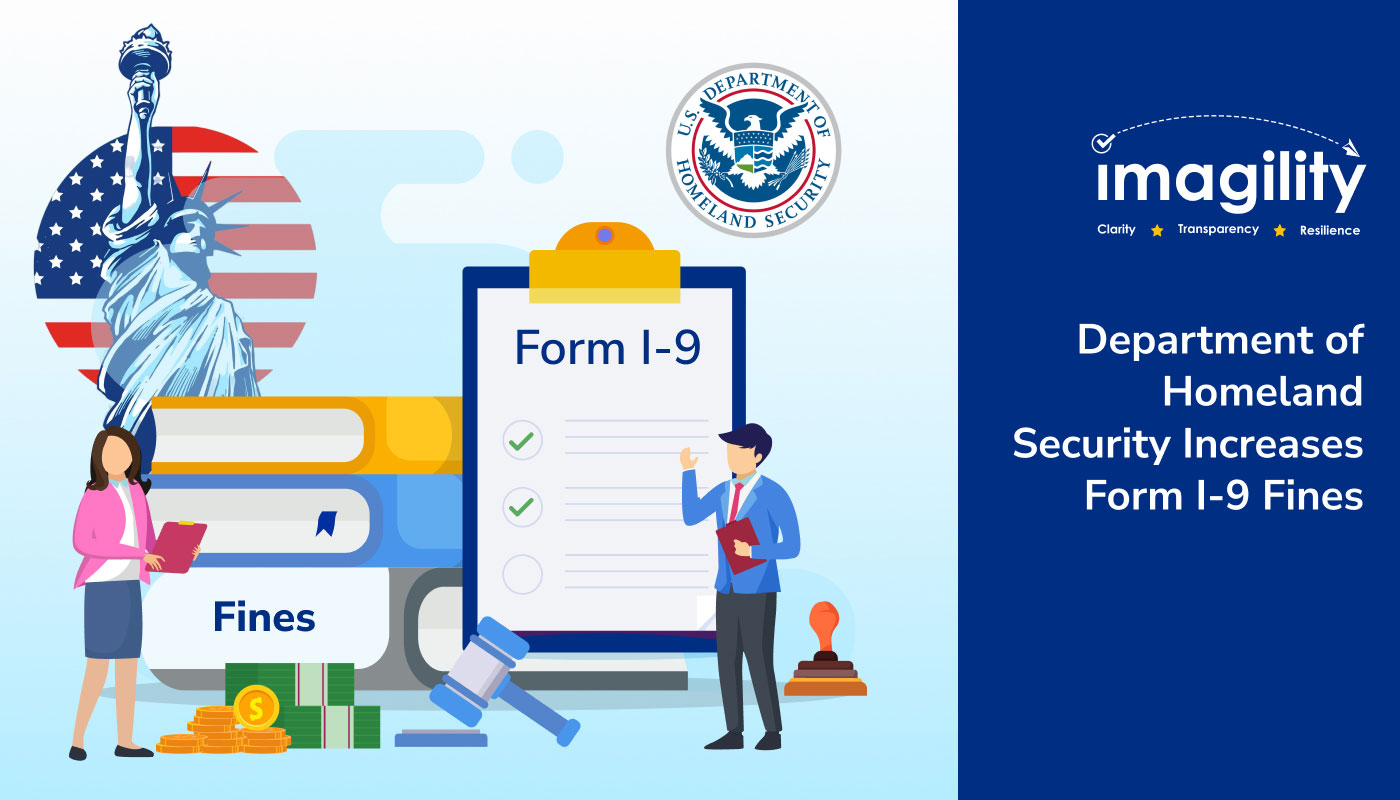Table of Contents
What is FDNS?
Types of petitions subject to FDNS site visits
Why do FDNS site visits happen?
What happens during FDNS site visits?
Concluding thoughts
FDNS site visits are unannounced inspections by FDNS officers (on behalf of USCIS) to verify the information given in the H1B/L1 petition. This is to ensure that the information given in the petition is accurate and that employers & employees follow the same terms and conditions stated in the petition.
You may have questions like Why do FDNS site visits happen? What are the potential reasons that lead to FDNS visits? We have tried answering these questions by stating the reasons for FDNS site visits in detail.
What is FDNS?
FDNS, also known as Fraud Detection and National Security, is a kind of compliance review by FDNS officers and USCIS collaboratively to detect fraud, irregularities, or discrepancies in the petition filed for non-immigrant workers. USCIS started the administrative site visits and verification programs in 2009 to verify information in certain petitions. Through the FDNS, USCIS seeks to ensure that the petitioner and beneficiary have not tried any illegal method to secure the non-immigrant work visa and both are complying with the terms of wages, job location, work hours, etc., as stated in the LCA.
Types of petitions subject to FDNS site visits
Typically, four types of petitions fall under the FDNS site visit category.
- Religious worker petitions
- H1B petitions
- L1 petitions
- EB-5 immigrant investor program visa
It is important to note that religious worker petitions are subject to FDNS site visits before and after the adjudication, while H1B petitions and L1 petitions are subject to FDNS site visits only after adjudication. Additionally, the EB5 immigrant program visa is subject to FDNS site visits only before adjudication.
Why do FDNS site visits happen?
FDNS site visits do not occur just because there is something wrong with the petition. FDNS officers randomly select petitioners for site visits. Generally, FDNS officers visit the site only once, but if they need more information, they can do multiple site visits to complete the compliance review. Below are some of the significant variables FDNS officers work on while on FDNS site visits.
Fraud detection: FDNS site visits are primarily conducted to detect fraud/discrepancy in non-immigrant visa petitions. FDNS officers are trained to identify inconsistencies and discrepancies in the information provided in the visa petition.
Compliance with immigration laws: FDNS site visits ensure visa petitioners comply with immigration laws and regulations. The visits are intended to verify that the visa non-immigrant worker works in the job and location stated in the visa petition.
National security: FDNS site visits also play a significant role in national security. FDNS officers are trained to identify potential security threats and report them to relevant government agencies.
FDNS site visits do not take a long time and last up to a maximum of one hour.
What happens during FDNS site visits?
FDNS officers visit the site without any prior information and collect information to ensure compliance as per attestations made by the petitioner. They ask different questions to the petitioner/employee/office personnel to verify each piece of information against the petition. FDNS officer collects the following information from the site:
- Verify beneficiary and petitioner information, including supporting documents attached to the petition
- Review public records and information on the petitioning company
- Take site photographs
- Ask questions to confirm non-immigrant worker job location, work hours, duties, and wages.
- Talk to the non-immigrant worker.
After FDNS officers complete the visit, they will send the compliance report to the USCIS for review. They may refer the case to the U.S. Immigration and Customs Enforcement (ICE) for criminal investigation if they think it is required.
Concluding thoughts
Since FDNS officers select the site randomly for a visit, it is necessary to be prepared at all times and keep all compliance-related information in one place. This includes I-9 compliance, LCA, public and private access files. FDNS site visits can be intimidating, but preparation and regular internal audit drills can help companies stay prepared. Many companies engage an attorney to take care of FDNS Compliance.
Imagility helps meet employer obligations and offers a single point of reference for all compliance-related data. This includes public and private access file storage for beneficiaries, LCA posting and acknowledgment, I-9 forms, FDNS compliance, and internal audits. This allows companies to securely store and access confidential files and documents digitally, enable digital signatures, and get notifications and alerts, which improves process efficiency.
